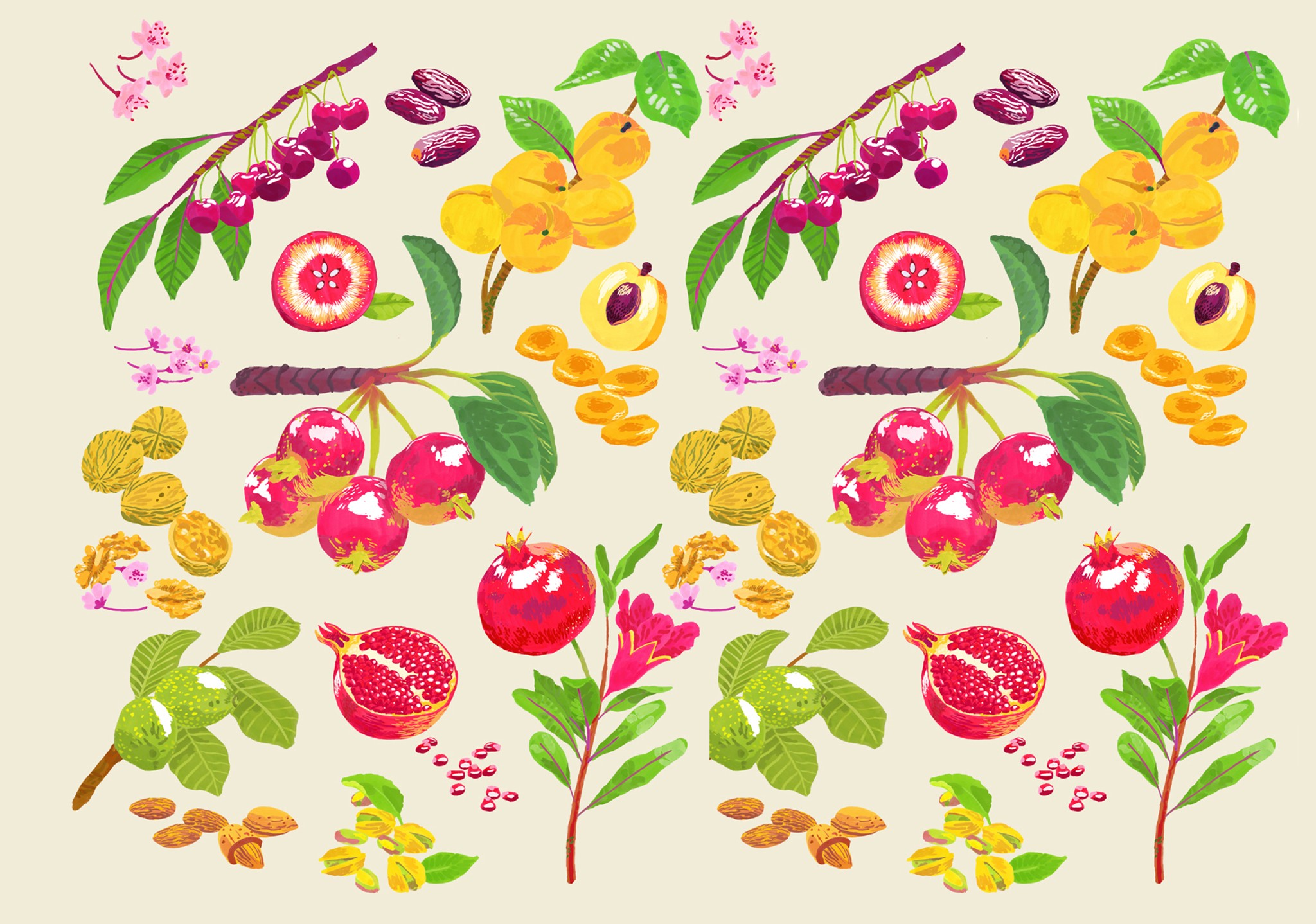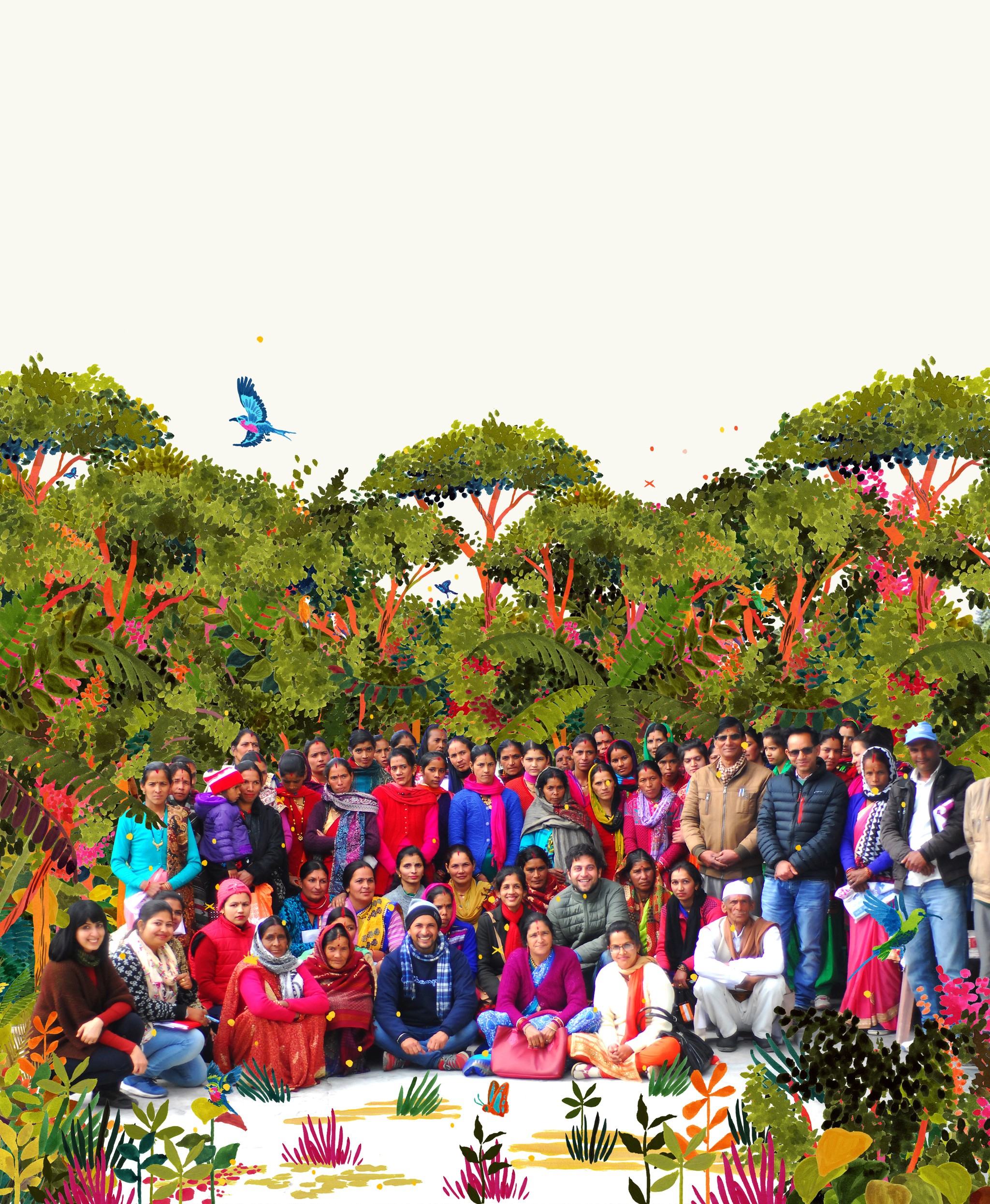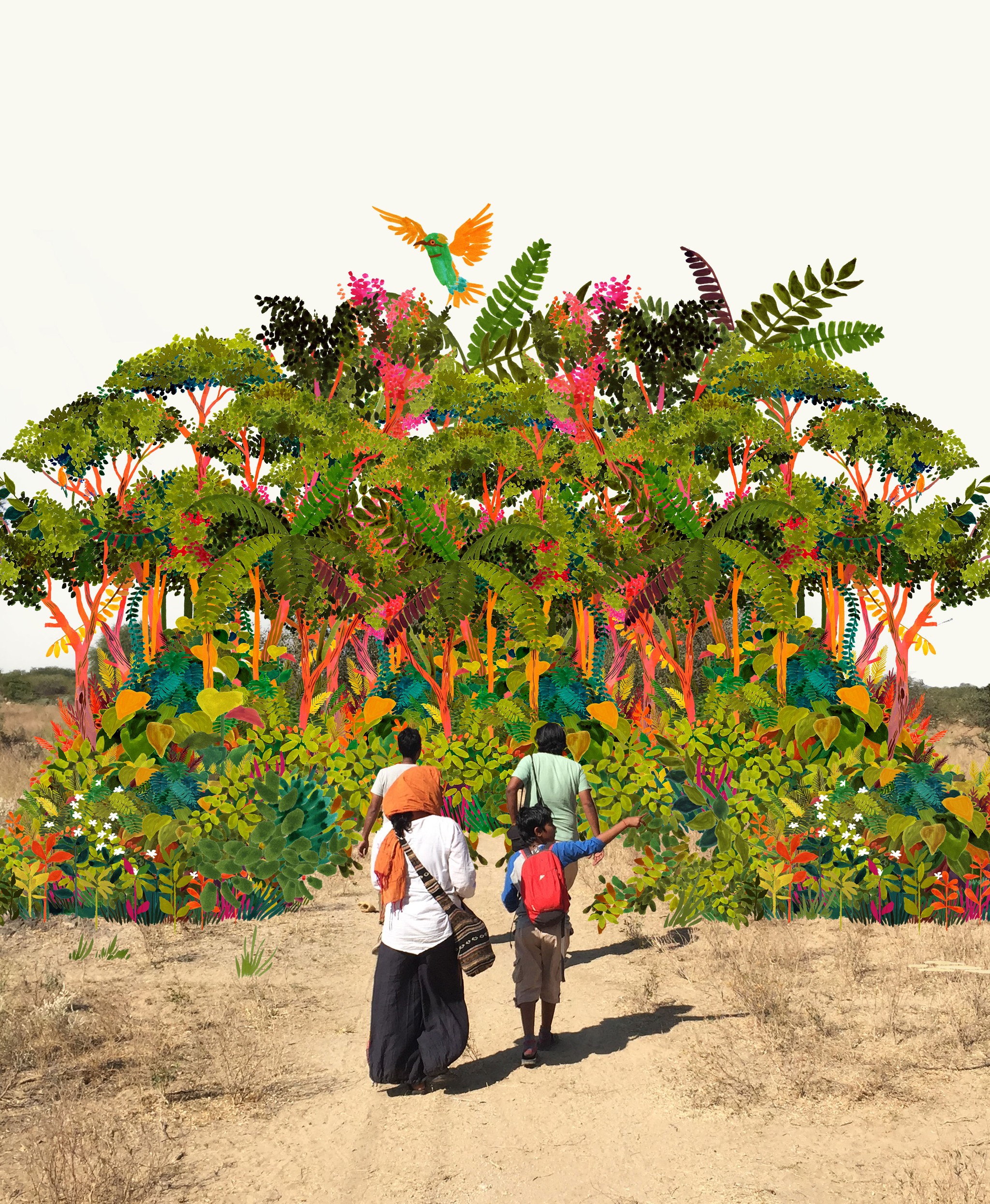Quat Ormany
A “Forest of Power” for Kazakhstan
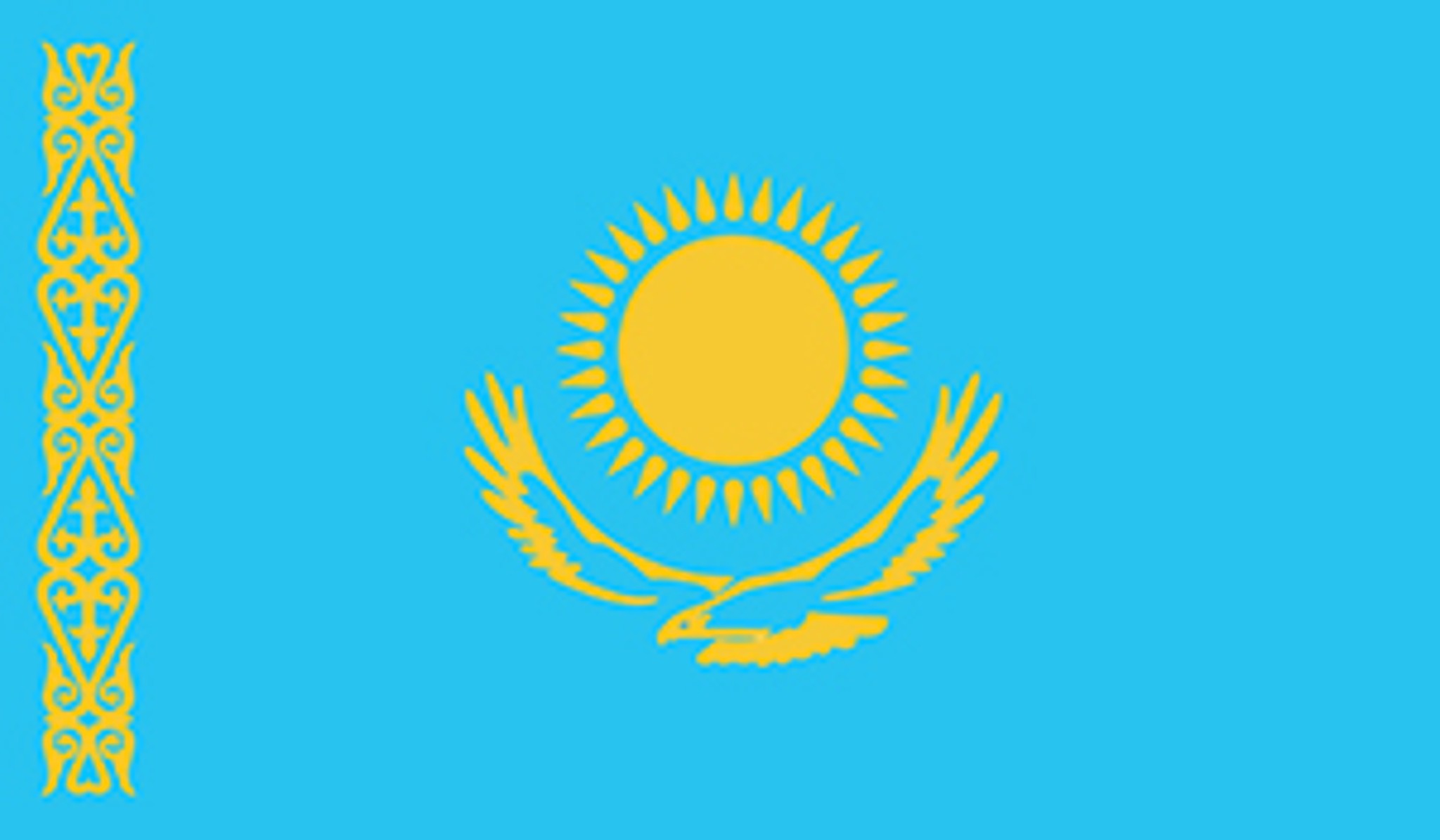
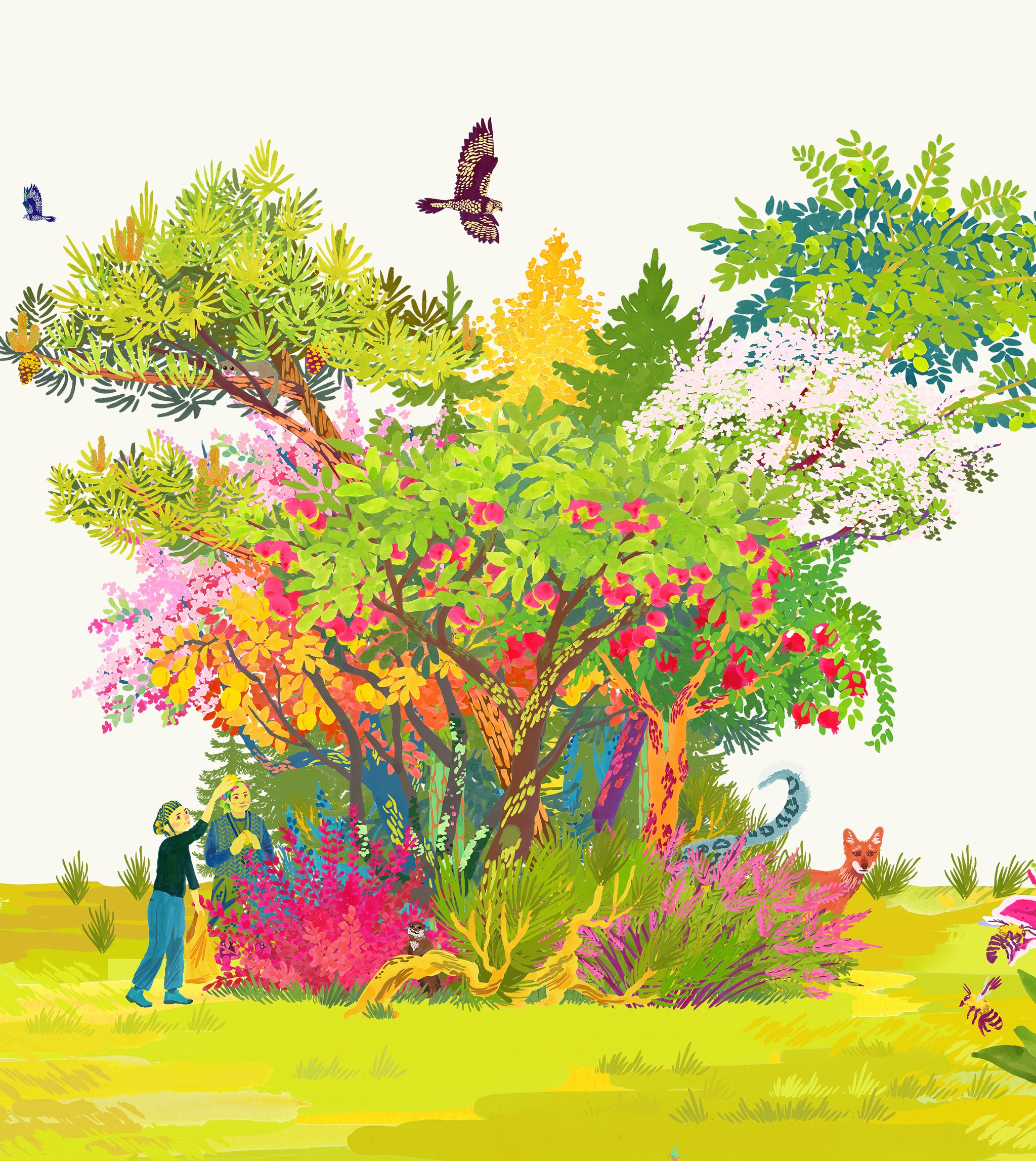
0
TREES
0
SQUARE METERS
0
NATIVE SPECIES
SUGi Forest Makers will create the first urban forest for Kazakhstan’s capital city, Nur-Sultan, to help the community thrive amidst the challenging climatic conditions of the region. Quat Ormany - the Kazakh term for ‘Forest of Power’ - will be a place of strength; a place where Kazakhstanis can meet, exchange ideas and connect with nature.
Galvanised by Ms. Aliya Nazarbayeva, the forest will be home to an immense variety of different tree species and in so being will offer an opportunity to gain new knowledge about the surrounding flora, observe the growth and development of plants, inhale the various aromas of trees at the time of flowering, as well as breathe clean air.
Quat Ormany will enable visitors to contemplate original design solutions for the future landscaping of urban spaces as well as being a space to be simply enjoyed by the local community.
Deforestation and biodiversity loss are large-scale problems and ones that Kazakhstan is keen to address. Nearly 90% of the original, historically- and biologically-important wild orchards have now disappeared; recent mono-plantations offer little for biodiversity and raise the risk of disease.
By creating the first urban forest in Nur-Sultan, we will show how a small indigenous forest can impact the local area, boosting biodiversity and bringing ecological, environmental and social benefits to all who live there.
Forest Maker
James Godfrey-Faussett
“The best thing that we can do for future generations is to gift them fertile soil, clean rivers, and rich land.”
Aliya Nazarbayeva
Garden of Eden
Kazakhstan has a rich natural history that formed the keystone in the development and evolution of fruit and nut tree species as we recognise them today. One of the most notable examples of this is the apple tree; Kazakhstan is home to the progenitor of all modern apple varieties. Indeed, the name of Kazakhstan’s former capital city, Almaty, translates as ‘Father of Apples’.
These trees have a fascinating social and economic history in the region too; it is thought that as the wild apples were domesticated and bred, they spread westwards down the great trade route, the Silk Road.
It is now one of nearly 50 trees, including the original apricot and the original walnut, which have become endangered in a belt of forests in Central Asia – a region home to more than 300 wild fruit and nut species, including plum, cherry, and many other important food trees from which domesticated varieties are thought to descend.
In creating Quat Ormany, the hope is to cultivate recognition of the critical natural history of the region and encourage the Kazakhstani people to understand, support and restore the abundance of their country’s landscape.
